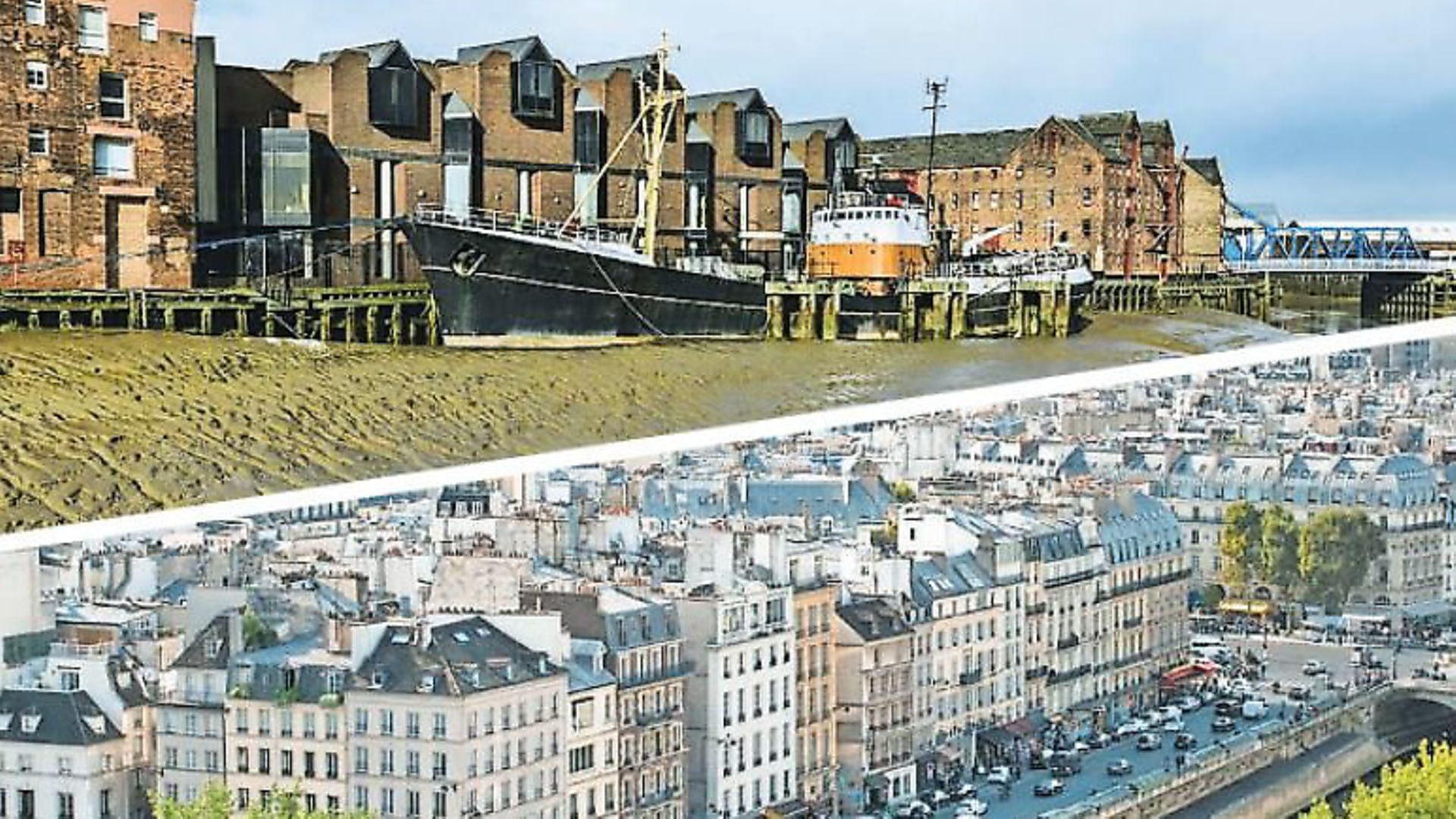
Parisians might like to claim a link for their city back to ancient Greece. In fact the stronger connection is a Yorkshire one
The capital of France has many names. In the Gaelic of Ireland it is known as Páras; the Finnish name is Pariisi; it is called Parijs in Dutch; and in Lithuanian it is known as Paryžius. Our English-language name is of course the same as the French name – except that it isn’t, because we say it in a completely different way, with the stress on the first syllable and the ‘s’ at the end of the name actually being pronounced.
Many other languages also use the same ‘Paris’ spelling as French but then pronounce the name in their own way: this is true of German, Swedish, Turkish, and Portuguese. But elsewhere on the continent there are many other non-French versions of the name of the city: there is Bosnian Pariz, Estonian Pariis, Hungarian Párizs, Latvian Par?ze, and Greek Parisi. The Spanish form París looks the same as the French, until you notice that there is an accent above the i in the last syllable.
This is not quite the same kind of situation as in Belgium, with Mons (the French-language name) being called Bergen in Dutch, or Liège being known as Lüttich in German. It is clear that all of these different European variants of the name of the French capital city are simply versions of the same single word. Paris, like London, Athens, Munich and Florence, has all these different names in these different languages because of its historical importance and its status as a world-famous city. In Britain, it is only places such as London and Edinburgh which have several different names in foreign languages.
The earliest known name of Paris was the Latin word used by the Romans, Lutetia. This name is probably derived from the Celtic language of the pre-Roman inhabitants of northern France, a Celtic language – which was closely related to the language of the ancient Britons on the other side of the English Channel – which survives in modern times as Welsh.
Crucially, though, the Roman town was also known more specifically as Lutetia Parisiorum, signifying ‘Lutetia of the Parisii’, the point being that the Parisii were the Gaulish Celtic tribe who inhabited this area. They had been living on the banks of the Seine in the area of modern Paris from around 250 BC. In his dictionary of the Gaulish language, the historical linguist and lexicographer Xavier Delamarre has suggested that the name of the tribe came from the Celtic root pario- ‘cauldron’, indicating that they might have taken their name after a type of Iron Age Celtic cooking vessel. The American linguist Professor Eric Hamp, on the other hand, has suggested that the name of the tribe came from a Celtic root which would have been something like peri-, meaning ‘to command’ or ‘to cause to have something done’. Their name, then, may have been equivalent to ‘the commanders’. It is certainly true that in modern Welsh peri means ‘to cause’; but otherwise we cannot be exactly sure.
What is sure is that there is no connection, as has sometimes been fancifully suggested, with Páris, the figure from ancient Greek history who was the son of King Priam and Queen Hecuba of Troy and who famously carried off Helen, the Queen of Sparta, supposedly causing the Trojan War. His name was certainly not Celtic, and probably came from one of the languages of ancient Asia Minor, such as Luwian.
Interestingly, there was also a small Celtic tribe known as the Parisii in northern England. It is possible that they were linked to the Gaulish Parisii in some way, and may at some stage have been the same people: the same etymologies have been proposed for their tribal name as for the Gaulish Parisii.
These British Parisii are known to have lived in the coastal area of eastern Yorkshire. If things had worked out differently, Hull might have been called Paris.











